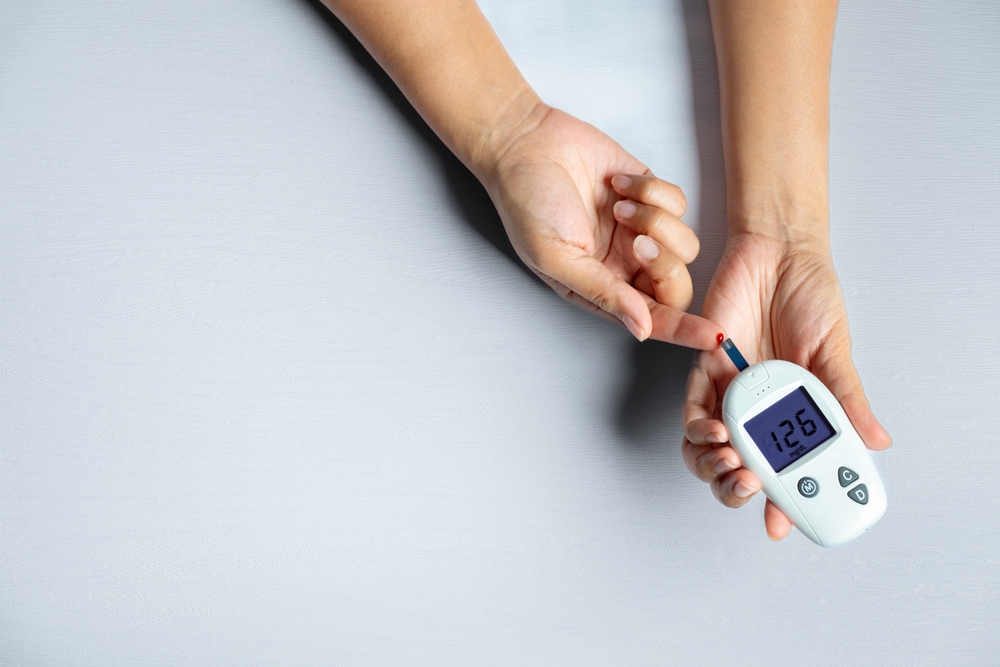
Living in Leesburg, Florida, means enjoying the beauty of Lake County—the rolling hills, sparkling lakes, and warm sunshine. But for many in our community, managing diabetes is a daily reality. If you or a loved one has diabetes, you may already know about its impact on your overall health, but have you considered how it affects your eyesight? At Eyecare Center of Leesburg, we see firsthand how diabetes-related eye conditions can develop, often without noticeable symptoms at first.
What Is Diabetic Retinopathy?
Diabetic retinopathy occurs when high blood sugar levels damage the small blood vessels in the retina—the part of the eye responsible for processing light and sending visual signals to your brain. Over time, these damaged blood vessels can swell, leak, or even close off completely, leading to vision problems.
There are two main stages of diabetic retinopathy:
Non-proliferative diabetic retinopathy (NPDR): In the early stage, tiny blood vessels begin to swell and leak fluid or blood into the retina. You may not notice any symptoms yet, but changes are already happening inside your eyes.
Proliferative diabetic retinopathy (PDR): In the advanced stage, new abnormal blood vessels form in response to blocked or damaged vessels. These fragile vessels can bleed into the eye, leading to severe vision loss or even blindness.
How Do You Know If You Have Diabetic Retinopathy?
In its early stages, diabetic retinopathy may not cause any noticeable symptoms. That’s why regular eye exams are crucial, even if your vision seems fine. As the condition progresses, you might experience:
Blurry or fluctuating vision
Dark spots or floaters in your field of view
Difficulty seeing at night
Colors appearing faded or washed out
Vision loss
It’s important to schedule routine diabetic eye exams to catch these changes early.
How to Protect Your Vision
The best way to prevent diabetic retinopathy from progressing is proactive care. Here’s what you can do:
Control your blood sugar, blood pressure, and cholesterol. High levels of any of these increase your risk of eye damage.
Schedule annual comprehensive eye exams. We use advanced imaging technology to detect early signs of diabetic retinopathy before symptoms appear.
Quit smoking. Smoking increases the risk of diabetic complications, including vision loss.
Stay on top of your diabetes management. Follow your doctor’s guidance on diet, exercise, and medication.
Treatment Options for Diabetic Retinopathy
If diabetic retinopathy is detected early, lifestyle changes and blood sugar control can help slow its progression. In more advanced cases, treatments like laser therapy, injections, or surgery may be necessary to preserve vision. We offer diagnostic and treatment options tailored to each patient’s needs. Our goal is to help you maintain the best vision possible for as long as possible.
Schedule Your Diabetic Eye Exam Today
If you have diabetes, don’t wait until you notice vision changes to take action. Early detection is key to preventing vision loss from diabetic retinopathy. Whether you live in Leesburg or surrounding areas, our team is here to provide expert eye care with a personalized touch.
Schedule your diabetic eye exam with Eyecare Center of Leesburg, and take the first step toward protecting your eyesight from diabetic retinopathy. Visit our office in Leesburg, Florida, or call (352) 787-1956 to book an appointment today.












